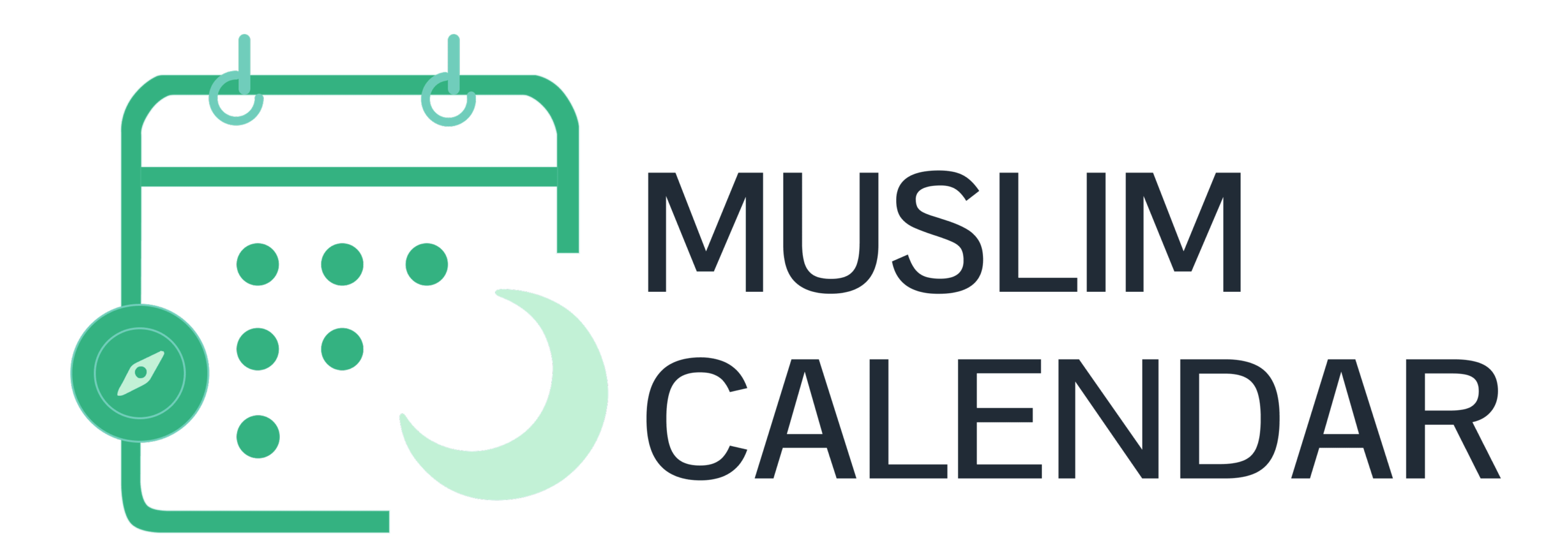The Hijri calendar, named after the great migration (Hijra) of Prophet Mohammed (peace be upon him) from Makkah to Madinah, has a poignant spiritual significance in the life of every Muslim. Contrary to the Gregorian calendar, which is solar, the Hijri calendar is lunar. We are currently in a remarkable week of this Islamic year, a week that holds a unique spiritual weight, thus demanding our reflection, appreciation, and connection.
As Muslims, our awareness and understanding of Islamic time transcend the mere ability to determine dates for our Islamic obligations such as Ramadan, Hajj, and other fiestas. Instead, the Hijri calendar holds a deep spiritual significance, which extends to every day, every week of our lives, including this current week. Each Hijri week fosters a connection to the divine path charted by Prophet Mohammed (peace be upon him), presenting an opportunity to reflect on the milestones and achievements of our Ummah.
Mohammed (peace be upon him) once said, ‘There are two blessings which many people waste: health and free time. ‘ (Bukhari). Living in a fast-paced world of digital timelines and continual content consumption, this echoes a thought-provoking sentiment, summarizing the importance of time in Islam and more so, the value of reflection.
Reflection, or tafakkur in Arabic, is a widely encouraged practice in Islam, bearing a powerful sense of mindfulness, gratitude, and self-improvement. Contemporary Muslim life is one that requires alignment with the digital and the spiritual, hence the need for a platform to fuse both spheres seamlessly. This is where the MuslimCalendar.app comes in, serving as a conduit to facilitate reflection, appreciation, and connection with Islamic time.
MuslimCalendar.app is not just a digitized version of the Islamic calendar. Instead, it’s a dynamic tool fostering personal and spiritual development for Muslims far and wide, allowing us to embrace modernity while staying rooted in our faith. Through the app, users can view Hijri dates and corresponding Gregorian dates, aiding in planning and remembering significant Islamic dates.
However, the abstraction of this lunar calendar’s spiritual essence and the projection into our daily lives is what sets MuslimCalendar.app apart. Furthermore, the app provides weekly spiritual reminders related to specific Hijri weeks. These reminders are designed to incite reflection on the week’s relevance, our personal lives, and our Ummah, thus bringing Islamic history and our individual development into our daily reflections.
Additionally, the in-app Quran feature enables users to allocate specific times for daily Quran recitation, with options to set reminders. Reading the Quran has always been an avenue for personal reflection in Islam, offering lessons and wisdom that have continued to guide our Ummah. With MuslimCalendar.app, the opportunity to connect with Allah’s words is just a few taps away.
Yet, beyond facilitating our routines and responsibilities as Muslims, what does all these tell us? This talks of a redefined relationship with Islamic time that goes beyond dates and events. Standing at the precipice of Hijri and Gregorian, past and present, spiritual and digital, a unique sense of balance forms the cornerstone of modern Muslim life.
This balance yields reflection—an intrinsic part of our faith physically made manifest in our daily lives. In conclusion, as we journey through another Hijri week, we are not merely counting the days. We journey through a rich tapestry of Islamic history, faith, and spirituality.
We journey in reflection, admiration, and anticipation of the many spiritual treasures each day and week hold. And with the MuslimCalendar.app, we are assured of a reliable companion throughout this journey. So, as we clock another week, remember, we are not just guarding time; we are nourishing our faith.
